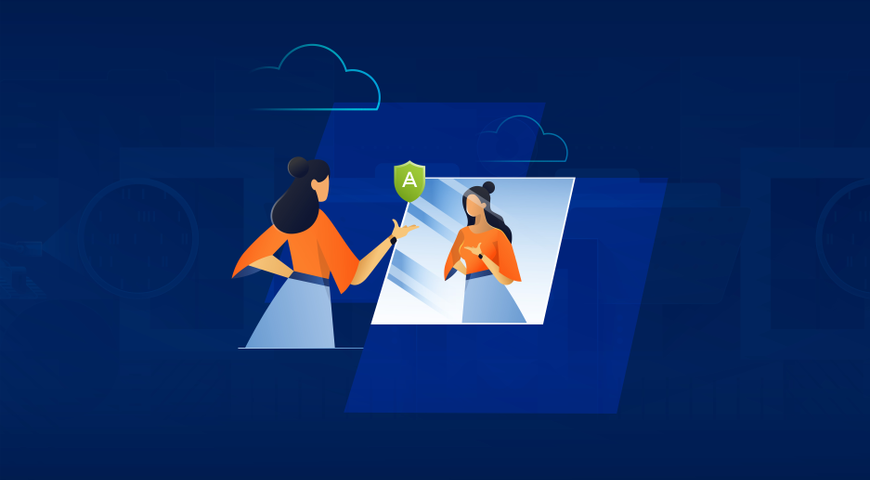
Apple took the consumer and business worlds by storm this week with updates to its mobile and desktop operating systems. For enterprise IT, the changes could mean new strategies are needed to protect company data from falling into the wrong hands. New features, such as Continuity, enable users to start tasks on one device (like their Mac laptop at the office) and pick it back up from another device (like their iPhone or iPad). For IT pros, change will require security and data protection strategies. Here's a look at the latest mobile and data protection news from around the Web this week:
What IT Pros Need to Know About iOS 8 and Yosemite
At this week's Worldwide Developers Conference, Apple announced the latest and greatest versions of its operating systems. A big feature of iOS 8 and OS X Yosemite is deep integration between the company's mobile and desktop platforms. The integration enables users to easily switch between a Mac and an iPhone. One of the major questions IT pros should be asking themselves, according to PCWorld, is how to prepare for the collision between consumer and enterprise data. iCloud Drive and Mail Drop are both new features that extend the abilities of iCloud, all of which will enable the mixing of enterprise data with employees' personal services. It's convenient for users, but it will create new headaches for IT.
Read more at PCWorld
New Data Types, New Protection Challenges
New sources of data that companies now have to grapple with, such as data from social media and Big Data, are making old-school data practices obsolete and even costly for companies that risk fines if their backup practices aren't up to par. Take Barclays, for instance. U.S. regulators fined the bank $3.75 million in December for its failure to protect emails, instant messages and other electronic records. Businesses need a system that consolidates large amounts of data and makes that data easy to access, Jonathon Israel, IT operations manager at The Florida Bar tells Inside Counsel. “Realistically, companies need to look at a mix of both old archiving practices and new technologies," Israel says.
Read more at InsideCounsel
How Healthcare IT Can Secure Patient Mobile Data
The healthcare industry is becoming increasingly mobile. According to research, more than half (51 percent) of physicians use tablets and 74 percent use smartphones to work. IT pros in the healthcare industry can secure patient data and stay compliant with HIPAA by following a few best practices. Here are a few that InformationWeek recommends:
- Monitor the integrity of your organization's operating system to avoid using corrupted versions. (Image backup can help.)
- Apply encryption and other security measures to email and attachments to prevent malware from spreading from personal accounts.
- Protect secure documents by disabling untrusted file-sharing apps.
Read more at InformationWeek
Higher Ed Cloud Adoption: Benefits and Barriers
Cloud computing provides seamless access for students, teachers and staff to virtualized resources like applications, networks and stored files. Universities, such as the Medical College of Wisconsin Biotechnology and Bioengineering Center in Milwaukee, use cloud computing tools to cut the costs of data analysis and to make information more accessible. Security, however, remains one hurdle to increased cloud adoption. Educational institutions are protective of their unpublished research and need cloud services that don't allow access without permission. IT pros at educational institutions should seek out cloud solutions that allow for varying levels of permissions (i.e. what students can access versus what admins and department heads can access), as well as encryption technology to ensure the security of information and data stored.
Read more at CloudTweaks
[Image via Product Reviews]
About Acronis
A Swiss company founded in Singapore in 2003, Acronis has 15 offices worldwide and employees in 50+ countries. Acronis Cyber Protect Cloud is available in 26 languages in 150 countries and is used by over 20,000 service providers to protect over 750,000 businesses.




